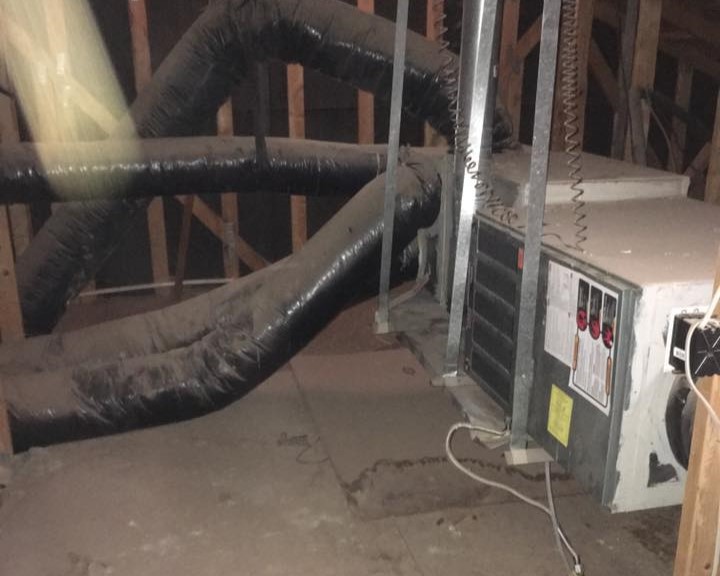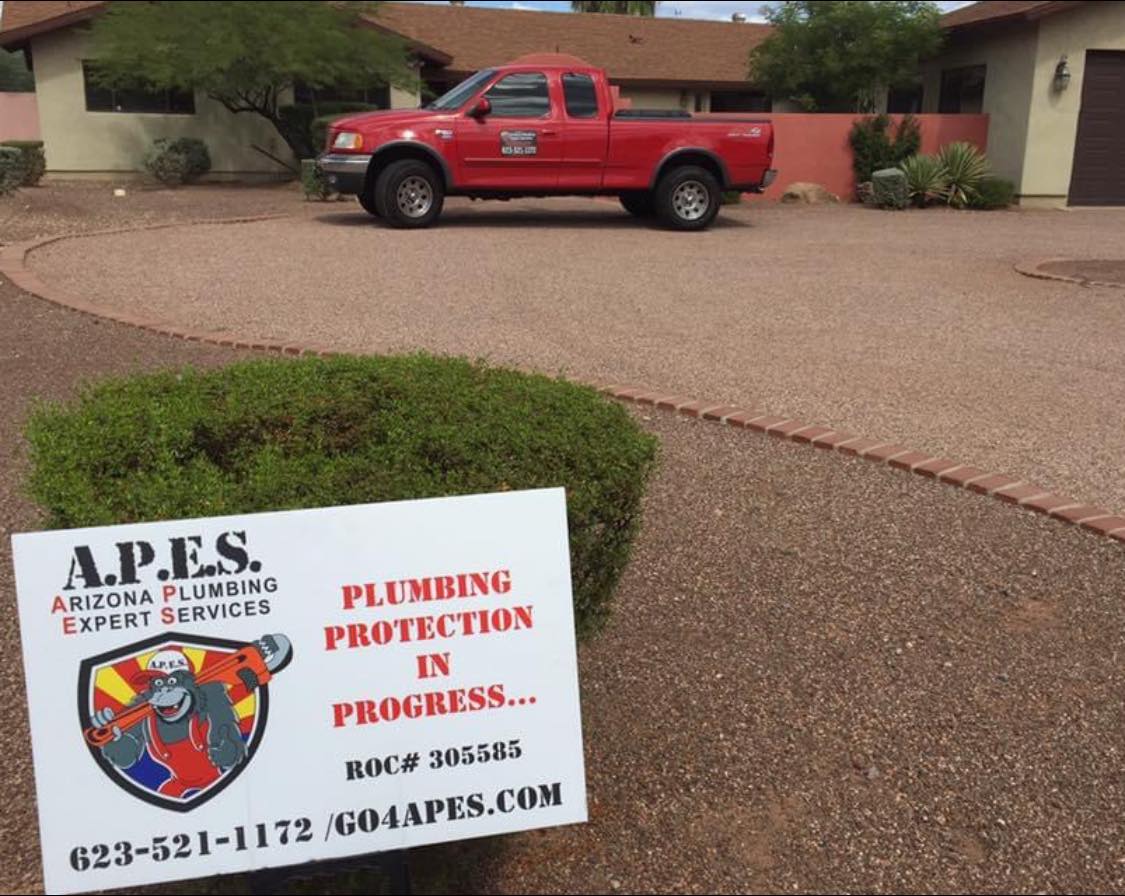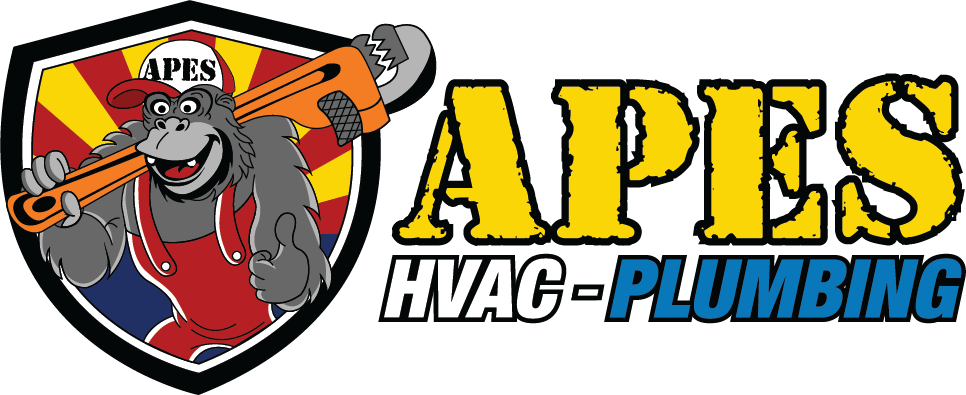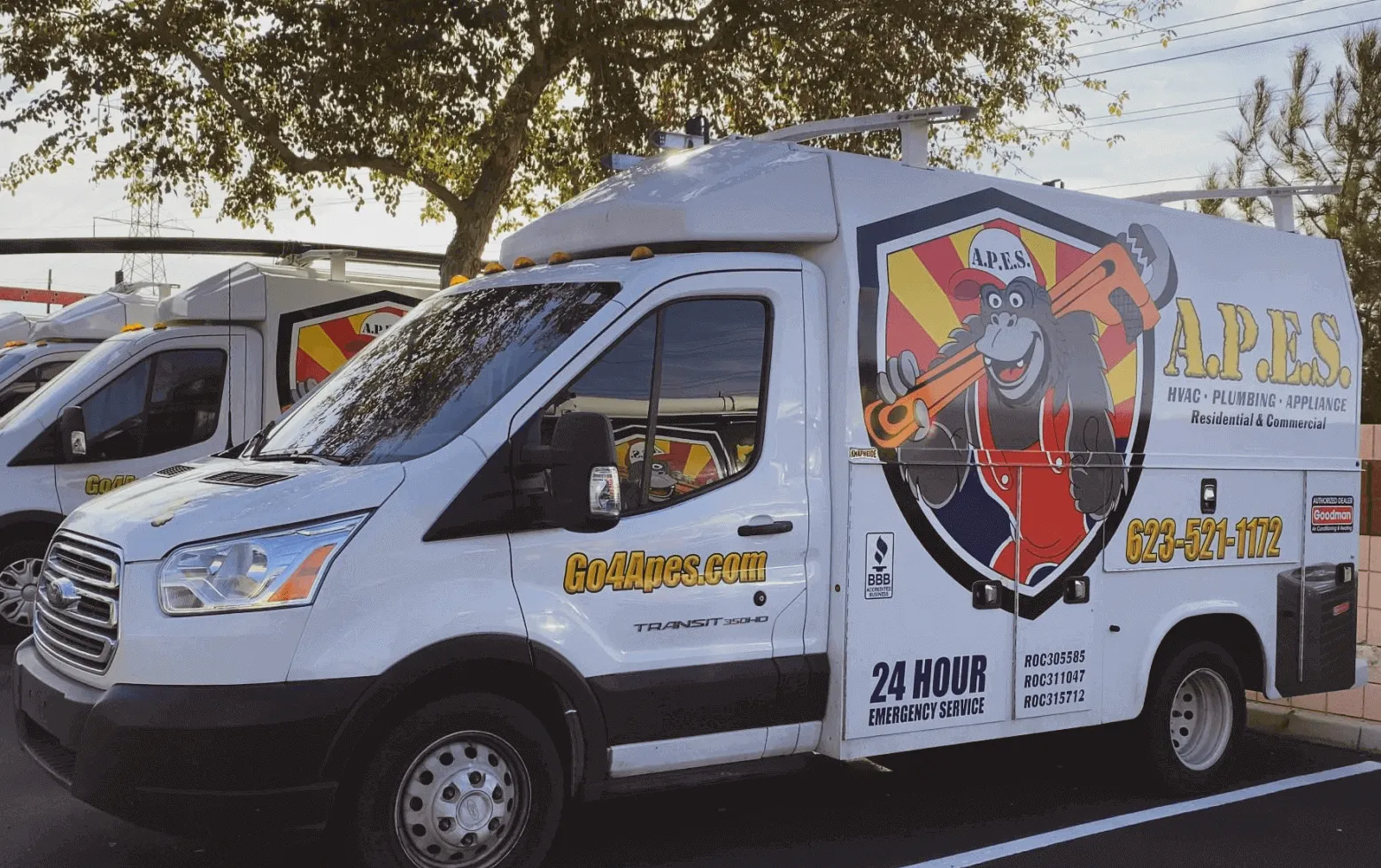Even the most reliable air conditioning systems can’t last forever. Whether you’re dealing with a central AC, a standalone heater, or a complete HVAC system, problems will eventually arise. And when they do, you’ll feel the impact fast, often quite literally. If your unit is acting up, the big question is: should you grab your toolbox or call an AC repair professional?
Welcome to your go-to guide for AC repair. Here, you can learn when to handle it yourself and when to let the experts take the reins.
The Uncomfortable Truth: Uneven Temperatures
There’s nothing quite as frustrating as walking from a cool living room into a stifling hot bedroom. Uneven temperatures in the home are among the most common HVAC complaints. But before you panic, or worse, call a technician unnecessarily, it’s worth checking a few things on your own.
Signs to DIY AC Repair
Check AC Filter: Start with the air filter. It may seem like a small piece of the system, but a clogged filter restricts airflow, making it difficult for your AC to circulate cool air efficiently. Replacing or cleaning a dirty filter is an easy DIY job. This simple effort can significantly enhance home cooling and lower energy bills.
Keep Furniture Clear: Furniture can also contribute to hot zones. Vents blocked by sofas, bookshelves, or curtains can create hot zones. Adjusting furniture placement and vacuuming your vents monthly could solve the problem without spending a dime. If you have pets, consider vacuum cleaning regularly to prevent clogged vents.
AC Capacity and Installation Matters: Still uncomfortable? The issue may be bigger than a blocked vent or dusty filter. If your AC unit wasn’t correctly installed or is undersized for your space, you’ll need more than elbow grease. A professional can assess the system, inspect ductwork for blockages or leaks, and evaluate your insulation, offering long-term solutions you can’t DIY.
AC Repair Alert: Leaks Around the Unit
Spotting a puddle near your HVAC unit is never a good sign, but it’s not always a disaster.
Start by inspecting the overflow pan, the tray designed to catch condensation. If it’s cracked or rusted, replace it rather than patching it up. Temporary fixes almost always lead to more leaks and more headaches down the road. While the pan itself is affordable, installing it correctly is best left to a technician.
If the pan looks fine, you might face a clogged condensate line. This line channels moisture away from your unit. If it’s blocked, the water has nowhere to go. Sometimes, the unit may even shut itself down to avoid damage, a move often misinterpreted as a complete breakdown.
Feeling confident? You can attempt to clear the line with a vacuum, but it never works on the system while it’s still powered on. Call the pros for a proper diagnosis and safe repair if the clog proves stubborn or the unit doesn’t start back up after your efforts.

When Your HVAC Is Screaming for Help
Bangs. Hisses. Buzzes. Rattles. If your HVAC system has suddenly turned into a percussion section, it’s trying to tell you something, and you’d better listen to it.
A hissing noise often means air is escaping from somewhere it shouldn’t, either through a loose filter fit or leaking ductwork. Clanging might be caused by a fan blade hitting something or a dislodged internal component. Rattling? That could mean debris in the outdoor unit or a loose panel.
Leaves, twigs, and dirt can easily sneak into your outdoor unit. Clearing them out yourself is usually safe, but only after shutting down the system entirely. If the noise persists, the problem is likely internal and potentially dangerous. This is when AC repair calls for an experienced technician to fix things before they escalate into full-blown system failure.
The AC Is Blowing Hot or Warm Air
A related but slightly different sign of a total system failure. Your AC is running, and air is coming out of the vents, but it’s warm instead of cool. Not only is this uncomfortable during the summer months, but it also represents a significant system failure from an energy and investment standpoint. You’re paying for performance you’re not getting.
Before rushing to the phone, you can make a few DIY checks. First, confirm that your thermostat is set to “cool” and that the temperature is adjusted correctly. Sometimes, settings get changed accidentally or after a power outage.
Next, inspect your air filter. A clogged filter can restrict airflow and cause the system to overheat, producing warm air output. If that’s the issue, replacing the filter may resolve it quickly.
However, if everything appears in order and the problem persists, it’s time to call a professional for AC repair. Warm air could result from a refrigerant leak, a malfunctioning compressor, or a damaged evaporator coil, requiring professional tools and expertise to diagnose and repair. Acting fast can prevent further damage and help restore comfort before the heat becomes unbearable.
Your AC Refuses to Kick On
It’s a chilly morning, and you realize the HVAC system isn’t working. Before worrying about the cost of a new system, take a moment to check it yourself. Incorrect settings or a dead battery are often the root of the issue.
If the thermostat is in working order, inspect the pilot light or the power indicator. If the light doesn’t blink, you have your answer. If the HVAC system refuses to start or is malfunctioning, you’ll need help from a licensed HVAC technician.
The AC’s Running—But Your Home Isn’t Cool
Few things are more exasperating than an AC unit that hums along but doesn’t do its job. Your evaporator coils could be the culprit when your space stays warm despite a running system.
These coils absorb heat from your home’s air. They can’t perform their role effectively if they’re dirty or corroded. While minor dust might be cleaned carefully, extensive corrosion or damage requires professional service. Sometimes, coils can be salvaged, but most of the time they’ll need replacing.
Another suspect is the compressor. This key component helps to move refrigerant through the system. If the refrigerant is low or there’s a problem with pressure, it can halt the cooling process entirely. Issues are not for the weekend handyman, unlike changing a filter, compressor, or refrigerant. Certified professionals have the training and tools to safely diagnose and resolve these problems.
For those living in stormy or dusty climates, condenser coils (the ones outside) can get filthy fast. A gentle spray from a garden hose might do the trick, but if it’s been a while since their last cleaning or visible damage exists, it’s best to call a technician.
When the Motor Quits on You
Sometimes, your AC unit is working fine and suddenly stops functioning. Then, after a long pause, it starts again. During this pause, there is no airflow, no sound, just an uncomfortable home.
This could be a breaker issue. Overheated fuses may have tripped to prevent damage. Check your breaker box before assuming the worst. Alternatively, ice might have formed on the coils if it’s cold out, preventing the motor from turning.
But motor failure isn’t always this straightforward. It might signal a blown capacitor, airflow obstruction, or excessive internal grime. Attempting to restart or tinker with the motor without the proper tools and knowledge could lead to permanent damage or even injury.
If breakers aren’t the issue, don’t play the guessing game with your AC. Schedule professional AC repair to get a definitive answer and avoid more costly problems.
Rising Energy Bills? Your AC May Be the Culprit
A sudden energy bill spike often signals that your HVAC system is working harder than it should. Once again, the first thing to check is your air filter. A clogged filter restricts airflow, forcing your system to run longer and less efficiently.
Changing the filter every two months is a good rule, but homes with pets or allergy sufferers may need more frequent swaps. Not only will your bills drop, but your indoor air quality will improve, making life healthier for everyone under your roof.
If filter maintenance doesn’t bring the bills down, the issue may lie deeper in the system. Leaks in ductwork, malfunctioning components, or a failing thermostat can all push energy use sky-high. A professional technician can audit the system, find inefficiencies, and restore your unit’s performance, saving you money month after month.
Why Calling a Pro Is Sometimes the Smartest Choice
When your AC starts acting up, especially during a heatwave or cold snap, it’s natural to want a quick fix. Grabbing a wrench or watching a few online tutorials is a fast way to get your system back in action. But the truth is, AC repair involves far more than tightening a loose screw or replacing a filter. A seemingly minor repair can escalate into significant, costly damage without proper training.
Professional HVAC technicians bring years of experience and access to specialized tools and diagnostic equipment. They’re trained to identify problems that aren’t immediately obvious and can quickly get to the issue’s root. Instead of patching the symptom, they address the cause, ensuring long-lasting performance and safety.
More importantly, expert AC repair protects your investment. A well-maintained system lasts longer, operates more efficiently, and uses less energy, lowering utility bills over time. Professionals also help homeowners avoid dangerous missteps, such as incorrect handling of electrical components or refrigerants.
And let’s not forget the value of preventive care. A pro can detect early warning signs you might overlook, saving you from an unexpected breakdown in the middle of summer. In short, calling a pro is about peace of mind and thoughtful decision-making.

When in Doubt, Trust the Experts
Suppose you’ve already run through the basic DIY steps like checking your thermostat settings, changing the air filter, or clearing debris from your outdoor unit, and your HVAC system still isn’t functioning correctly. In that case, it’s time to step back and let the professionals take over. HVAC systems are intricate; guessing through repairs can cause more harm than good. Calling a trusted technician ensures the issue is addressed correctly, saving you time and money in the long run.
For homeowners in the Phoenix area, APES HVAC and Plumbing stands out as a reliable, go-to solution. With thousands of satisfied customers, the team at APES is known for its fast, professional, and transparent service. Their technicians don’t just repair, they educate. The team at APEs will walk you through what went wrong and how they’re fixing it, so you’re never left in the dark.
APES brings expertise and top-notch tools to every job, from a capacitor replacement to a complex compressor overhaul. Their goal is to restore comfort quickly and efficiently without cutting corners. When unsure what to do next with your AC repair, trusting APES means peace of mind, long-lasting results, and a cool, comfortable home.
The Bottom Line: Know Your Limits
DIY troubleshooting can be incredibly useful, especially regarding simple, routine maintenance. Swapping out a dirty air filter, clearing leaves around your outdoor unit, or adjusting your thermostat settings are all quick, cost-effective tasks that any homeowner can manage. These small efforts often resolve minor issues and even prevent bigger problems.
However, there’s a line between a basic and a complex fix. When your HVAC unit starts making unusual noises, fails to cool or heat effectively, or sends your energy bills soaring, it’s time to recognize your limits. Trying to tinker with internal components, electrical systems, or refrigerant lines without proper training can be dangerous and damaging. What might seem like a small error could result in a system-wide failure or void your warranty altogether.
That’s why reaching out to a professional isn’t giving up; it’s being smart. HVAC technicians are trained to diagnose issues quickly and fix them thoroughly. They know what to look for, how to handle AC repairs safely, and how to optimize your system for efficiency.
So, when things get tricky, don’t second-guess yourself. Making the call for professional AC repair could be the decision that saves your system and your sanity in the long run.

